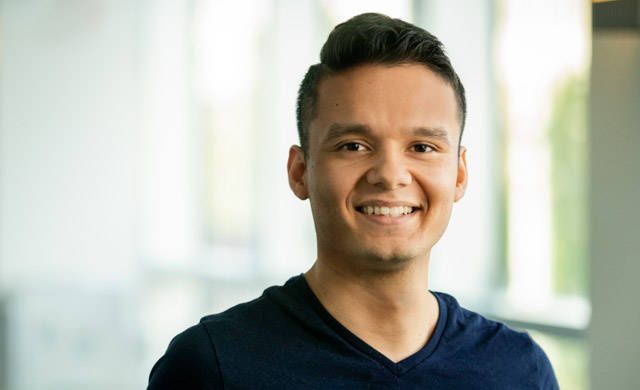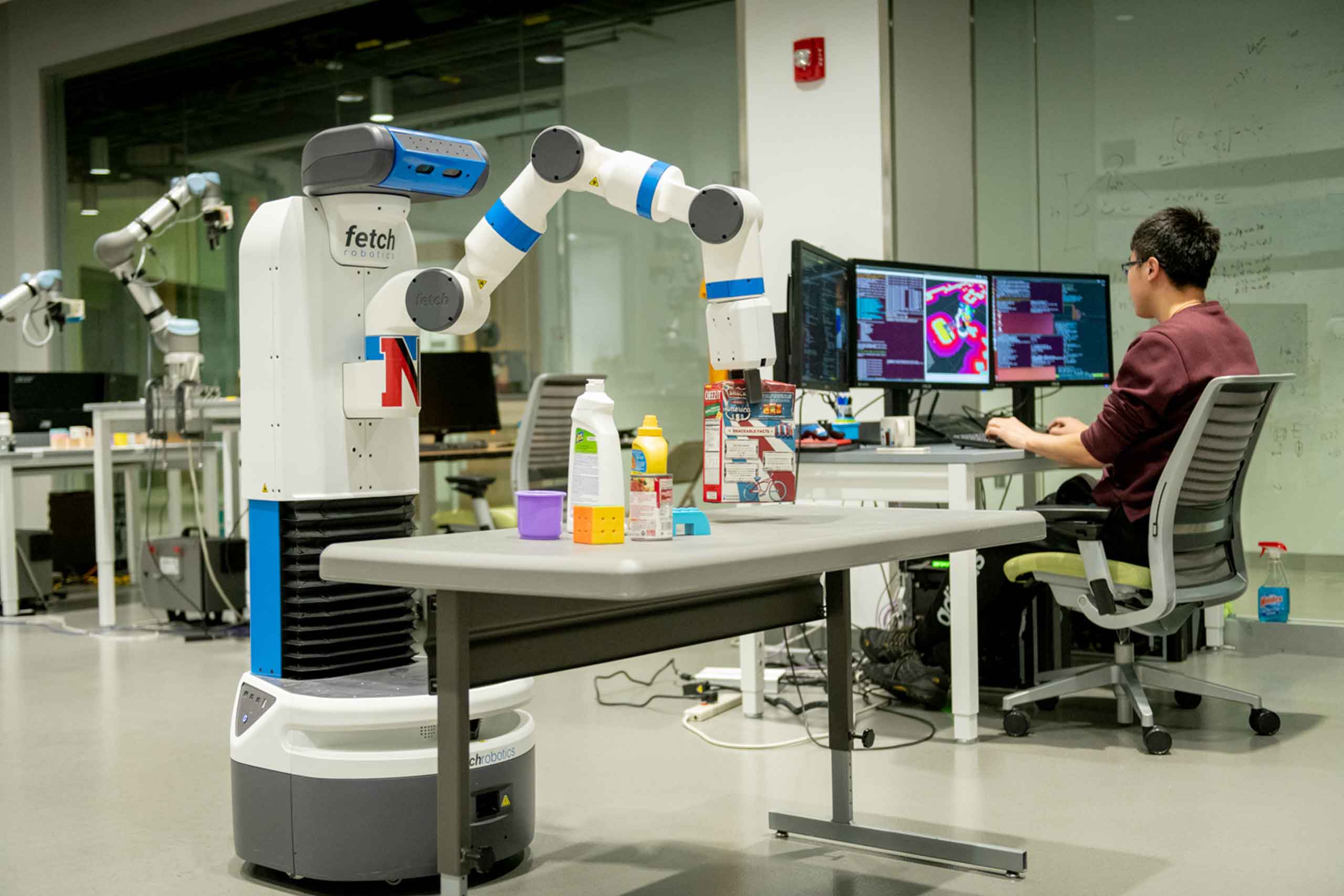

Leonardo Torres










Leonardo “Leo” Torres is a PhD student at Northeastern University’s Khoury College of Computer Sciences, advised by Professor Tina Eliassi-Rad. Leo has a BS in Mathematics from Pontificia Universidad Católica del Perú, and he is a self-taught programmer. He was a Research Programmer at Wolfram Research South America, and he has attended the Recurse Center, a programmer’s retreat, to focus on algorithm design and code writing standards. His main areas of research are Data Science, Machine Learning, and Network Science, and he is interested in combining models and theory with learning and data mining. His research is currently focused on introducing novel mathematical tools to network science.
I have a BS in Mathematics from Pontificia Universidad Católica del Perú, and I am a self-taught programmer. I have taught mathematics (analysis and calculus, in Perú) and Spanish (in the U.S.A.) at the undergraduate level. I was a Research Programmer at Wolfram Research South America. I have attended the Recurse Center, a programmer’s retreat, to focus on algorithm design and code writing standards.
I am broadly interested in the intersection of Network Science, Complexity Science, and Mathematics. In my research, I hold in high regard both understanding (through models and theory), and computing (through learning and mining). Thus, I study the principles underlying complex networks by using different fields of mathematics, such as differential and metric geometry, and algebraic topology; and different computational approaches such as graph mining and machine learning. Currently, the main objective of my research is to introduce novel mathematical tools to the network science toolbox, and design efficient algorithms around them to uncover previously unknown features of networks.
I would like to find graph embeddings on metric spaces where the geometric properties of the space can be translated into properties of the network.
What is most fascinating to me is what has been called “the unreasonable effectiveness of mathematics”. Why should mathematics be a useful tool to describe the universe of complex networks?
I aim to become a research scientist in complex networks.
Lima, Perú.
Leonardo “Leo” Torres is a PhD student at Northeastern University’s Khoury College of Computer Sciences, advised by Professor Tina Eliassi-Rad. Leo has a BS in Mathematics from Pontificia Universidad Católica del Perú, and he is a self-taught programmer. He was a Research Programmer at Wolfram Research South America, and he has attended the Recurse Center, a programmer’s retreat, to focus on algorithm design and code writing standards. His main areas of research are Data Science, Machine Learning, and Network Science, and he is interested in combining models and theory with learning and data mining. His research is currently focused on introducing novel mathematical tools to network science.
I have a BS in Mathematics from Pontificia Universidad Católica del Perú, and I am a self-taught programmer. I have taught mathematics (analysis and calculus, in Perú) and Spanish (in the U.S.A.) at the undergraduate level. I was a Research Programmer at Wolfram Research South America. I have attended the Recurse Center, a programmer’s retreat, to focus on algorithm design and code writing standards.
I am broadly interested in the intersection of Network Science, Complexity Science, and Mathematics. In my research, I hold in high regard both understanding (through models and theory), and computing (through learning and mining). Thus, I study the principles underlying complex networks by using different fields of mathematics, such as differential and metric geometry, and algebraic topology; and different computational approaches such as graph mining and machine learning. Currently, the main objective of my research is to introduce novel mathematical tools to the network science toolbox, and design efficient algorithms around them to uncover previously unknown features of networks.
I would like to find graph embeddings on metric spaces where the geometric properties of the space can be translated into properties of the network.
What is most fascinating to me is what has been called “the unreasonable effectiveness of mathematics”. Why should mathematics be a useful tool to describe the universe of complex networks?
I aim to become a research scientist in complex networks.
Lima, Perú.











